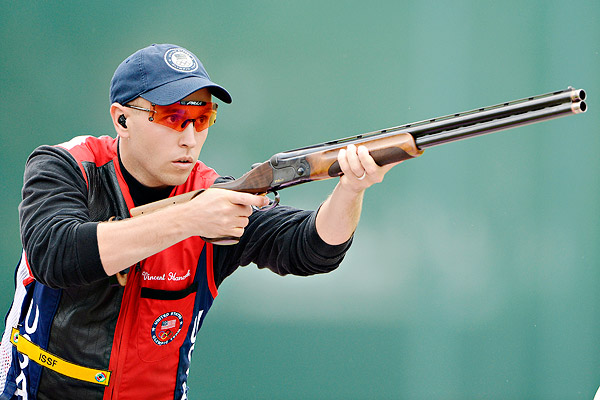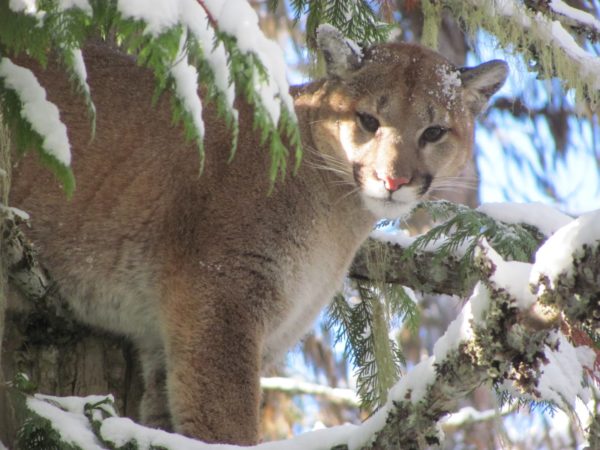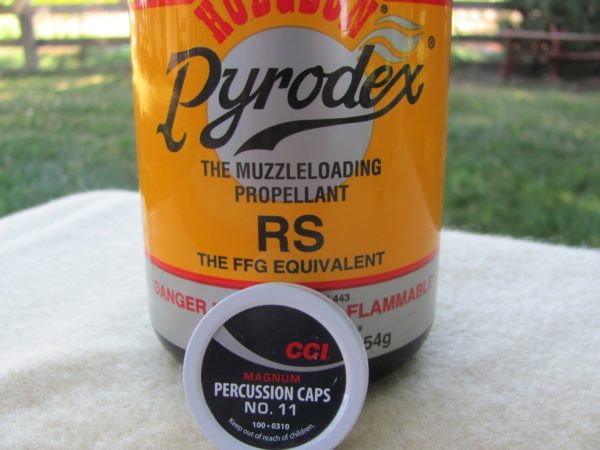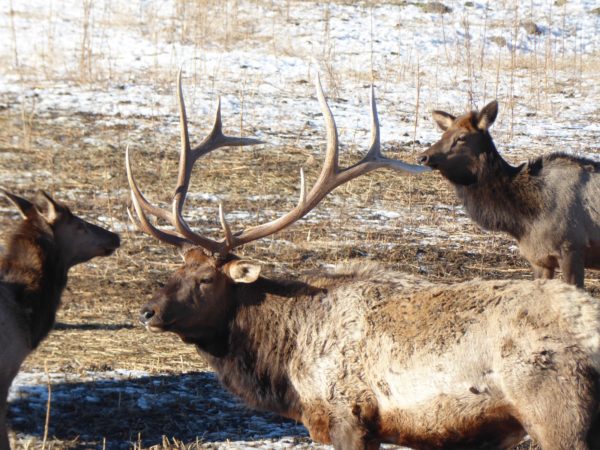

What Is a Primitive Season?
The word primitive can mean a lot of things to a lot of people. For our purposes let’s use the following definition from our friend Webster. “Primitive: belonging to or characteristic of an early stage of development : crude, rudimentary primitive technology”. In the discussion of primitive rifle seasons, the muzzleloader pretty well fits this definition of being in the early stage of development of the rifle as a shooting system. In many states we will discover that the agency overseeing hunting regulations and seasons has defined primitive weapons to include such things as archery tackle and muzzleloading rifles. For instance, in Washington the following definition is used in the 2017 Washington State Big Game Hunting Pamphlet: “Muzzleloader: A firearm that is loaded from the muzzle and uses black powder or a black powder substitute as recommended by the manufacturer for use in all muzzleloading firearms.” Pretty straightforward. But that is where the simplicity in the regulations ends. And just because the firearm is loaded from the muzzle, by no means does that make it a “primitive” firearm. Take a look at this muzzleloader from Gunwerks (starts at $5,750). By definition it is a muzzleloader. But when drilling down into the rest of regulations for Washington it does not qualify for muzzleloader specific seasons.
Other Considerations Regarding Your Firearm
As you paw through the state by state regulations, you will find other definitions and requirements for your muzzleloader, for example, things like the sighting system. Nearly every muzzleloader of modern design can accommodate a scope or red dot. But read the fine print. Many states require open sights and may allow fiber optic options. We know we must use black powder or a black powder substitute. But is it loose powder only, or does the state allow pelletized powder charges? Primers are another consideration. In many cases you will be required to use a traditional Number 11 Percussion Cap or a musket cap. While reliable and proven, the traditional percussion cap does not pack the same punch as a modern shotgun primer when it comes to lighting off big charges of Pyrodex powders. But again, are modern primers legal in your state or unit?
Why Hunt the Muzzleloader Seasons?
If you have decided hunting is something you want to pursue and you have all the best technology at your disposal to ethically and consistently kill your chosen game animal at ranges you are confident in, why pick up a muzzle loader and handicap yourself? For many, the challenge of stalking close to game and knowing there is only one shot in the rifle is the reason to take up the sport. Unlike the modern centerfire rifle capable of accurate, consistent shots to 300 yards or more for the average shooter, the muzzleloader requires fieldcraft to sneak within 50-100 yards of the target animal. Your rifle is capable of much greater distances. But are your eyes and open sights capable of consistent shots much beyond 100 yards? Can you hit a paper plate every time from field positions? That means no bench rest. It means sitting, kneeling, and shooting off sticks or your pack. When you can hit that plate every time, you are ready to take that one shot and confidently place your bullet in the vital area.






Leave a Reply